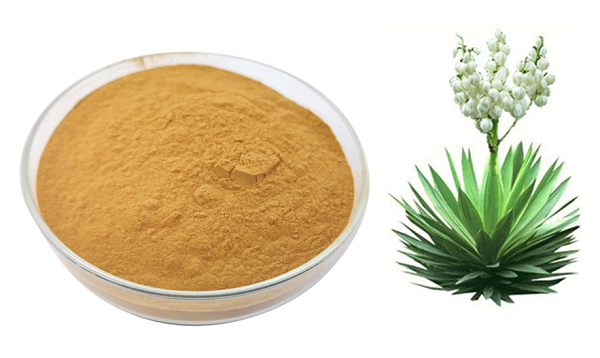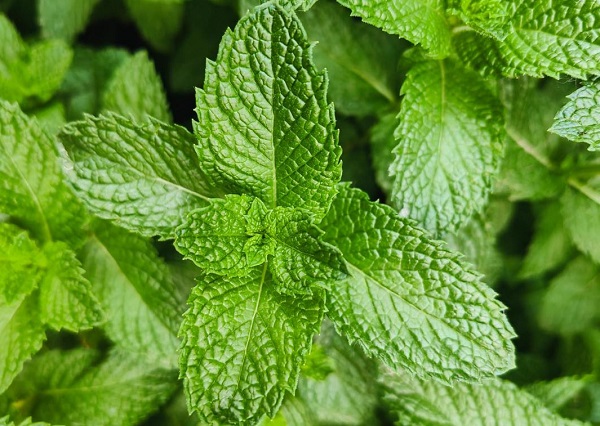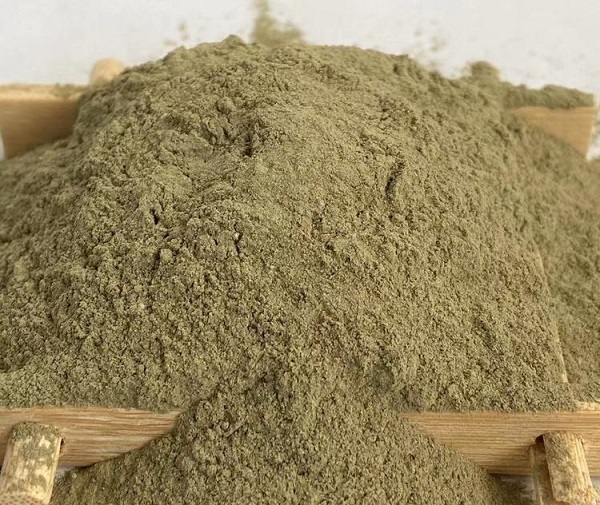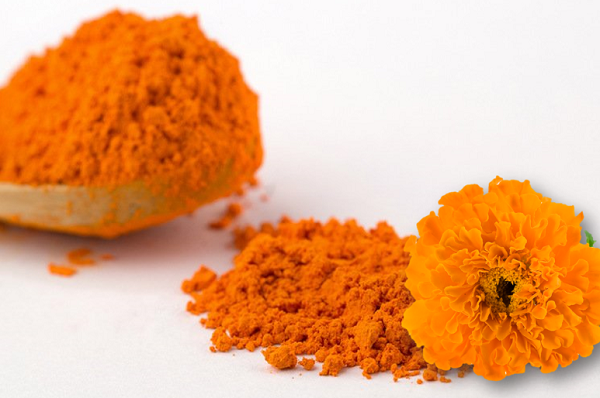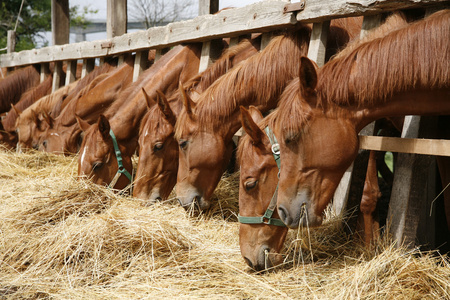Follow Us:
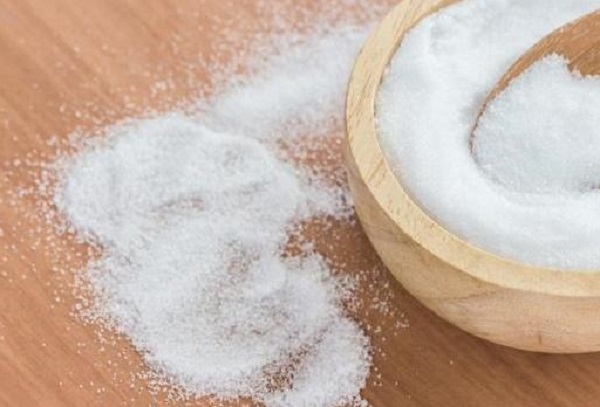
Why Use Fructooligosaccharides (FOS) Ingredients In Pet Food
In today’s pet nutrition landscape, the demand for functional ingredients is rapidly rising. Fructooligosaccharides (FOS), a type of prebiotic, are increasingly recognized for their ability to support gut health and overall wellness in pets. Used in premium formulations for dogs and cats, FOS offers a science-backed solution for promoting a balanced intestinal microbiota and improving nutrient absorption.
What is FOS in Pet Food ?
FOS are short chains of fructose molecules linked together. They are naturally found in various plants like chicory root, and are also added to pet food. FOS is a type of prebiotic, It encourages the growth of ‘friendly bacteria’ in the large intestine which promotes over-all gastro-intestinal (GI) health.

Sources of FOS in Pet Food
FOS is primarily extracted from:
- Chicory Root – The most common source due to its high inulin and oligofructose content.
- Sugar Beet – Used in sugar refining by-products and offers high prebiotic value.
- Jerusalem Artichoke – A natural source high in both inulin and FOS.
These sources are sustainable and widely available, making them ideal for use in large-scale pet food manufacturing.
Is FOS a Probiotic or Prebiotic?
Fructooligosaccharides (FOS) are common prebiotics in the food industry
Is Fructooligosaccharides Safe in Dog Food?
Are Fructooligosaccharides safe for dogs? Benefits: Fructooligosaccharides promote the growth of beneficial bacteria in the gut, improving digestion and immune function in dogs. They can also help regulate blood sugar levels and reduce the risk of obesity in dogs.
Is Fructooligosaccharides in Cat Food Safe?
Studies have shown that adding prebiotics such as Mannanoligosaccharides (MOS) and Fructooligosaccharides (FOS) to cat food has a number of health benefits for cats, including improving gut health and supporting the immune system.
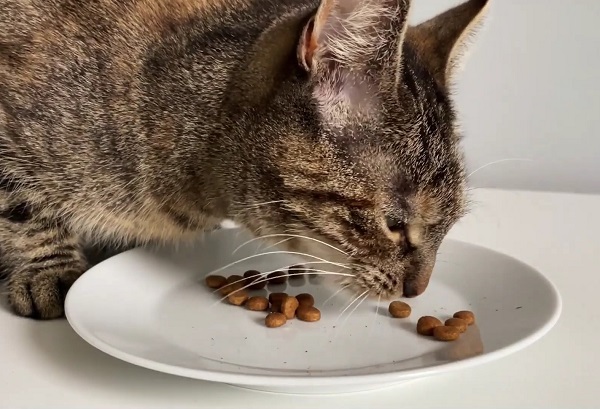
What are the Side Effects of Fructooligosaccharides in Dogs?
In some individuals, excessive or higher daily intake of FOS can cause stomach discomfort, including bloating, diarrhea, flatulence, intestinal discomfort, stomach cramps and patients with irritable bowel syndrome (IBS) may experience adverse effects.
Commercial Uses in Pet Nutrition
Fructooligosaccharides (FOS) is incorporated into:
- Dry kibble and wet food formulations
- Nutraceutical treats and supplements
- Gastrointestinal support diets
- Senior and sensitive pet food lines
Leading pet food brands position FOS as a key ingredient in gut health and immunity-boosting formulas. Its role in enhancing digestibility and reducing stool odor makes it attractive for premium and functional formulations.
Safety and Dosage in Pet Food
Fructooligosaccharides powder (FOS) is Generally Recognized as Safe (GRAS) by the FDA and is approved for use in pet foods in the U.S., EU, and other regions. The safe inclusion level varies based on formulation and animal species:
- Dogs: 0.1% to 1.0% of the total diet
- Cats: 0.1% to 0.5%
Excessive amounts may lead to flatulence or soft stools, especially in sensitive pets. Thus, careful formulation and gradual adaptation are recommended.
Gut Health Support Mix for Canine Diets (per 1000g):
- Fructooligosaccharides (FOS): 5g
- Inulin: 5g
- Yeast-Derived Mannan-Oligosaccharides (MOS): 3g
- Dried Lactobacillus Ferment: 1g
- Psyllium Husk Fiber: 10g
This blend supports a balanced microbiome, improves stool quality, and enhances immune modulation.
Want to Add FOS to Your Pet Food Line?
Pet food ingredient suppliers greenagribio produces high-purity, food-grade FOS from sustainable sources, ideal for dry, wet, and supplement formulations. Contact us today for technical data, bulk pricing, and formulation support.
Also See
- Does Probiotics and Prebiotics Benefit for Animal Nutrition
- Prebiotics In Animal Nutrition: Bulk Inulin Powder Price
- Prebiotics, Probiotics and Postbiotics For Pets— What’s Better? and Why?














